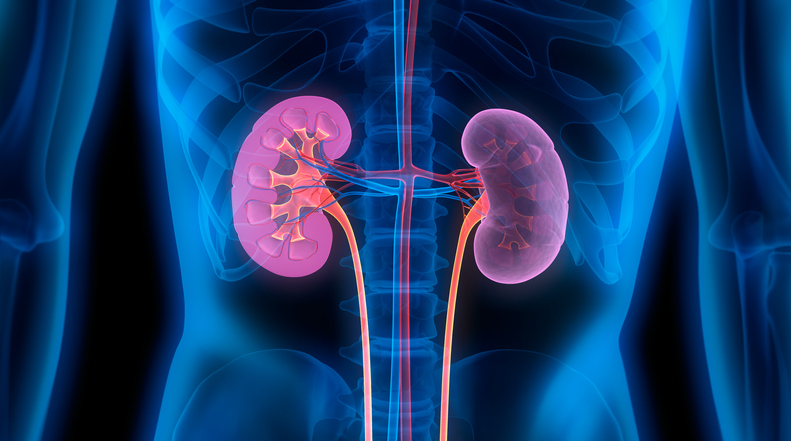Roche has received approval from the U.S. Food and Drug Administration (FDA) for its drug Gazyva to treat adults with active lupus nephritis. The decision, announced on March 11, 2024, marks a significant expansion for the drug, which was originally developed for cancer treatment. Gazyva can now be used alongside standard therapies, offering a new biologic option for patients suffering from this serious autoimmune condition.
Lupus nephritis occurs when the immune system erroneously attacks the body’s own tissues, leading to inflammation in the kidneys and the potential loss of nephrons. This irreversible damage can result in deteriorating kidney function, with many patients eventually requiring dialysis or a kidney transplant. According to Roche, over 1.7 million individuals globally are affected by lupus nephritis, predominantly women.
Gazyva is a monoclonal antibody that depletes B cells, a type of immune cell associated with autoimmune disorders. It binds to CD20, a protein present on B cells, triggering mechanisms that lead to cell death. Originally approved in 2013 for chronic lymphocytic leukemia, Gazyva is now finding new applications in the realm of immunology.
Clinical Trial Success and Mechanism of Action
The FDA’s approval was based on a placebo-controlled Phase 3 clinical trial that demonstrated Gazyva’s efficacy in combination with standard treatments, which include immunosuppressants and anti-inflammatory medications. The trial found that nearly 46.4% of participants receiving Gazyva achieved a complete renal response, compared to 33.1% of those receiving a placebo. Improvements were also noted in protein levels associated with autoimmune activity and a reduction in corticosteroid use.
The safety profile of Gazyva aligns with its established use in oncology. Common adverse reactions reported in clinical trials included infusion-related reactions and low levels of neutrophils, a type of white blood cell.
Levi Garraway, Roche’s Chief Medical Officer and Head of Global Product Development, emphasized the significance of this approval: “People with lupus nephritis who achieve a complete renal response are more likely to experience preserved kidney function and delay, or even prevention, of progression to end-stage kidney disease.”
Market Implications and Competitive Landscape
With the FDA’s approval, Roche now offers a biologic alternative to Benlysta, a product from GSK that was the first biologic approved for the treatment of systemic lupus erythematosus in 2011. Benlysta was later approved for lupus nephritis in 2020 and generated approximately £1.5 billion (roughly $2 billion) in revenue for GSK in 2024, reflecting more than a 10% increase from the previous year.
In 2021, AstraZeneca also received FDA approval for its drug Saphnelo, although this product is currently limited to systemic lupus erythematosus.
Roche’s Gazyva (known as Gazyvaro in Europe) has been approved in 100 countries for various types of blood cancers and generated 910 million Swiss francs (approximately $1.15 billion) in revenue in 2024, marking a 12.2% increase from the previous year.
The company is also pursuing further regulatory approvals for Gazyva in Europe, where a committee of the European Medicines Agency recently recommended its approval for lupus nephritis. Ongoing clinical trials are exploring Gazyva’s effectiveness in other conditions, including systemic lupus erythematosus, membranous nephropathy, and idiopathic nephrotic syndrome, as well as its application in children and adolescents with lupus nephritis.
Roche’s FDA approval for Gazyva represents a pivotal moment in the treatment landscape for lupus nephritis, potentially establishing a new standard of care and improving outcomes for patients grappling with this challenging autoimmune disease.






































































